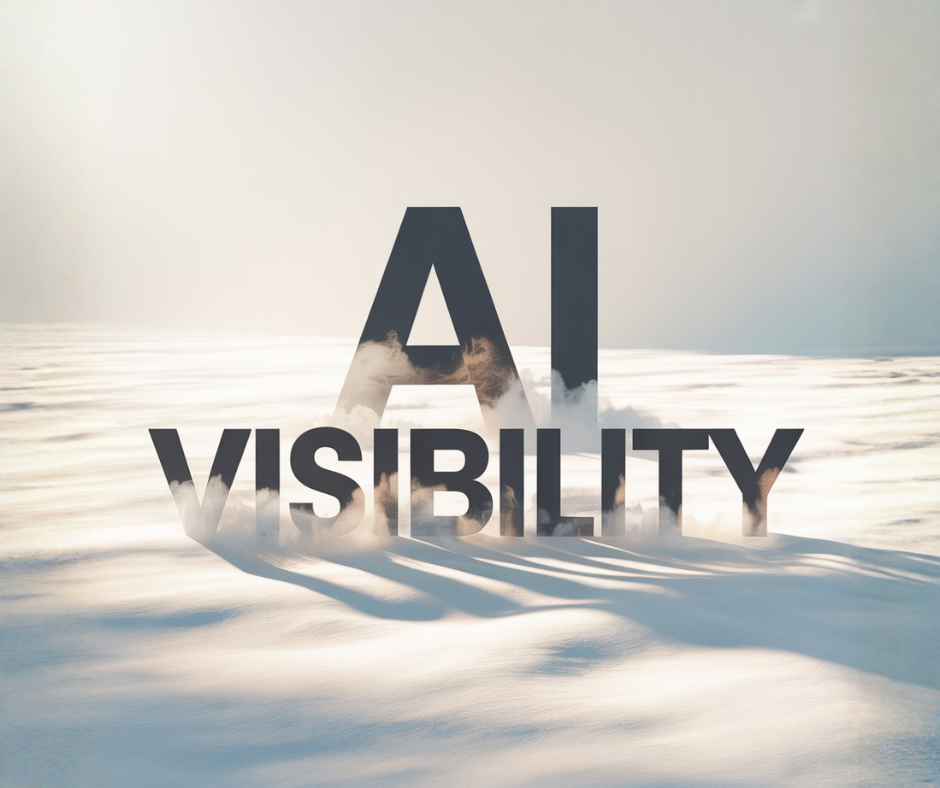The Pilgrims' Journey: Stepping into the AI Unknown
- Joy Morales
- Nov 20, 2023
- 3 min read

Imagine this, you step onto the creaky wooden deck of a small ship named The Mayflower. The salty sea air stings your eyes as you cast them towards the vast Atlantic Ocean extending out to the horizon. You clutch your chest to calm your anxious heart that races with equal parts fear and hope. You now have reached the point of no return in your quest for freedom.
Rewind 400 years, and this was the Pilgrims’ reality in 1620 as they left England to settle Plymouth Colony in the New World. Their story has become woven into the lore of Thanksgiving. But there are lesser-known facets that make their dangerous journey and first harsh years in North America extraordinary.
Driven by Faith
At the time, the Pilgrims were a sect of Puritan Protestants called Separatists. They were outcasts in England due to their rejection of the Church of England. As dissenters, they faced fines, harassment, and imprisonment for their beliefs. America represented their only path towards a life of religious freedom and spiritual purity.
Off Course, Off Charter
The Pilgrims intended to establish their settlement in Northern Virginia, where they had obtained a charter. But their ship, The Mayflower, veered off course, and they landed instead at Cape Cod, Massachusetts. Before even stepping foot on land, the Pilgrims outlined their governing laws by drafting the Mayflower Compact. This document would lay early groundwork for democracy and self-governance in the future United States.
Starvation and Aid
Of the 102 passengers aboard The Mayflower, only 53 survived that first devastating winter. They endured illness, poor nutrition, brutal weather conditions, and lack of suitable housing. Half their group perished within months. Some might have surrendered to despair. But the Pilgrims found hope when the native Wampanoag tribe provided them with food and taught them farming techniques that allowed them to survive and thrive. Their 1621 harvest celebration later inspired today’s Thanksgiving tradition.
Reimagining History: How Would the Pilgrims Use AI?
Now imagine introducing Artificial Intelligence (AI) into the picture.
How would the Pilgrims have reacted to and utilized this technology 400 years ago?
The Pilgrims were devout people cautious of forces they deemed unnatural or unholy. The concept of thinking machines mimicking human cognition may have seemed disturbing or sacrilegious. The Pilgrims might have protested AI as a creation seeking to surpass the wisdom of God.
However, pragmatism might have eventually overridden ideological concerns. Once familiarized with AI, the Pilgrims could have recognized ways it would profoundly improve daily life and survival in the harsh New World and realize that it is not evil or suspicious.
Predictive algorithms would have optimized crop planning and agricultural production. Diagnostic AI could have assessed and treated illnesses, boosting health in their community. Machine learning programs could have designed sturdier, warmer shelters requiring fewer resources and saving more lives.
Language and communication barriers plagued relations between the Pilgrims and Native American tribes. AI translation tools and cross-cultural insights could have enabled more fruitful dialogue, diplomacy, and shared understanding. This might have altered the course of their intertwined histories for the better.
AI data analysis could have also strengthened the Pilgrims’ governance by identifying ways to distribute resources equitably, enact fair laws, and come to collective decisions. This reflects their vision of creating a just and moral society in the new land.
Your Journey Has a Guide
The Pilgrims’ spirit of perseverance persists centuries later, as today’s businesses forge their own paths of progress. Much like the Pilgrims adopted basic AI to aid their survival, companies now leverage modern AI innovations to unlock their potential. Yet venturing into new frontiers comes with hesitation.
That’s where trusted guides can help steer the course. Companies like Your AI Wizards assist businesses in thoughtfully implementing AI and emerging tech. Our Website Data Pro (WDP) tool, for example, can extract visitor insights from website traffic data. These hidden gems, once surfaced, become hot leads to nurture through targeted marketing.
With the right tools, the Pilgrims’ faith and fortitude could endure harsh frontiers. For a small business about to embark on an AI transition the place to start is with a consultation with The Wizards and a TWO-WEEK FREE TRIAL of WDP.
Centuries later, technology remains key in progress. The Pilgrims’ spirit persists in each step into the unknown – where discovery, not destruction awaits. Let us embark steadfastly. The new world of AI is calling.
For more progressive content, Follow us on LinkedIn and Like us on Facebook. Also visit www.NPMarketingGroup.com.



Comments